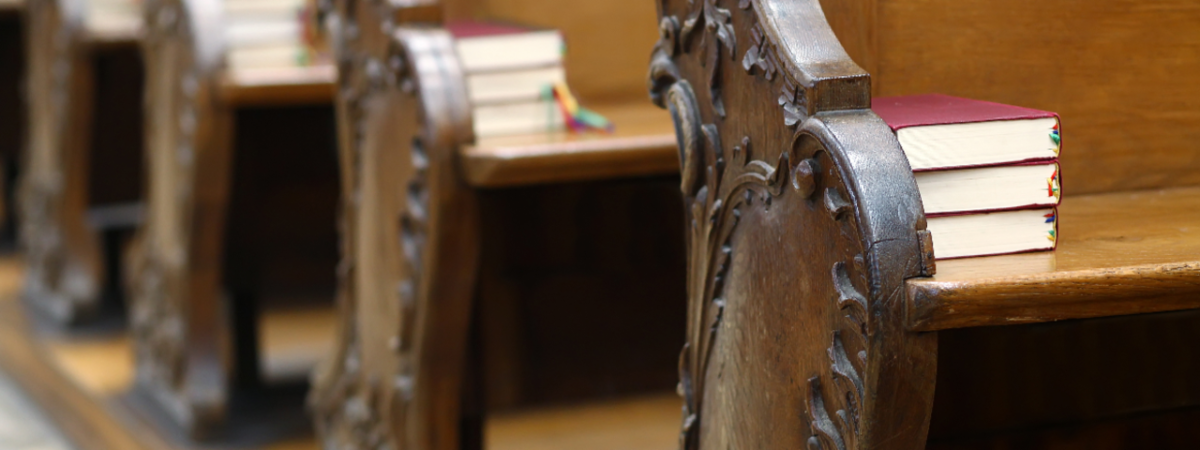The government plans to hike taxes without you noticing
SUGGESTED



He might have been describing rumoured Tory plans to raise the income tax burden for millions by stealth in November’s Budget.
One might think that, with the overall tax burden at its highest level in three decades, the government would be focusing on spending incontinence.
Instead, documents photographed on Downing Street suggest the Tories plan to raise your income tax without you noticing.
Once they have achieved their manifesto pledge of raising the personal allowance to £12,500 and the higher rate (40p) threshold to £50,000, the document suggests they are considering “freezing” these thresholds, leading to more and more people being dragged into higher tax bands as nominal earnings rise from then on.
This is exactly the sort of stealth taxation that the Conservatives criticised Gordon Brown for. No wonder the idea drew purring delight from former Labour Treasury official Torsten Bell. Ending increases to the thresholds was, according to his tweets, “a sensible budget proposal […] to get some cash in the door.”
On the contrary, this would be terrible economics and politics.
It should not be normal for tax bands to be set arbitrarily by government year on year. Other countries, such as the US, automatically uprate them in line with inflation.
The current higher rate threshold is £45,000, but this has increased by only 2.6 per cent from its £43,875 level in 2010. During that time the price level has risen by 15 per cent and nominal GDP by 29 per cent. Even to just maintain its real value since 2010, the threshold should already be above £50,000.
Increasing the 40p threshold to £50,000 is not some big giveaway or “tax cut” for higher rate earners. Rather, raising it so slowly has been – properly judged – a tax rise. The consequence of the starting threshold rising so little is growing numbers of people paying higher marginal rates.
In 1990, one in fifteen taxpayers found themselves in what was then the highest 40p tax bracket. This increased to one in 10 paying the higher or additional rates when the coalition government came to power in 2010.
Since then, the number has exploded from 3.3m to 4.5m, meaning one in every seven taxpayers now finds themselves in the 40p or 45p bands.
This is economically damaging. More people facing higher marginal rates reduces their return to work, and disincentivises them from making investments in their own human capital.
Rather than taking a greater proportion of people’s earnings, the government should be trying to trim government and lower their taxes, allowing these individuals to keep a larger proportion of their own money to spend on themselves and their families.
The recent Nobel Prize winner Richard Thaler’s “nudge” concept is about the importance of framing choices to avoid human biases which lead to bad decision-making. Politicians try to tax us stealthily in a non-transparent way, to hide the true burden of their decisions.
To avoid this bias and ensure they are honest, we need to “nudge” them by making it the default that all tax thresholds rise by either the inflation rate or nominal GDP each year. That way, if politicians want to tax us more, they would have to do so transparently, facing any political cost head-on.
This article was first published in City AM.




